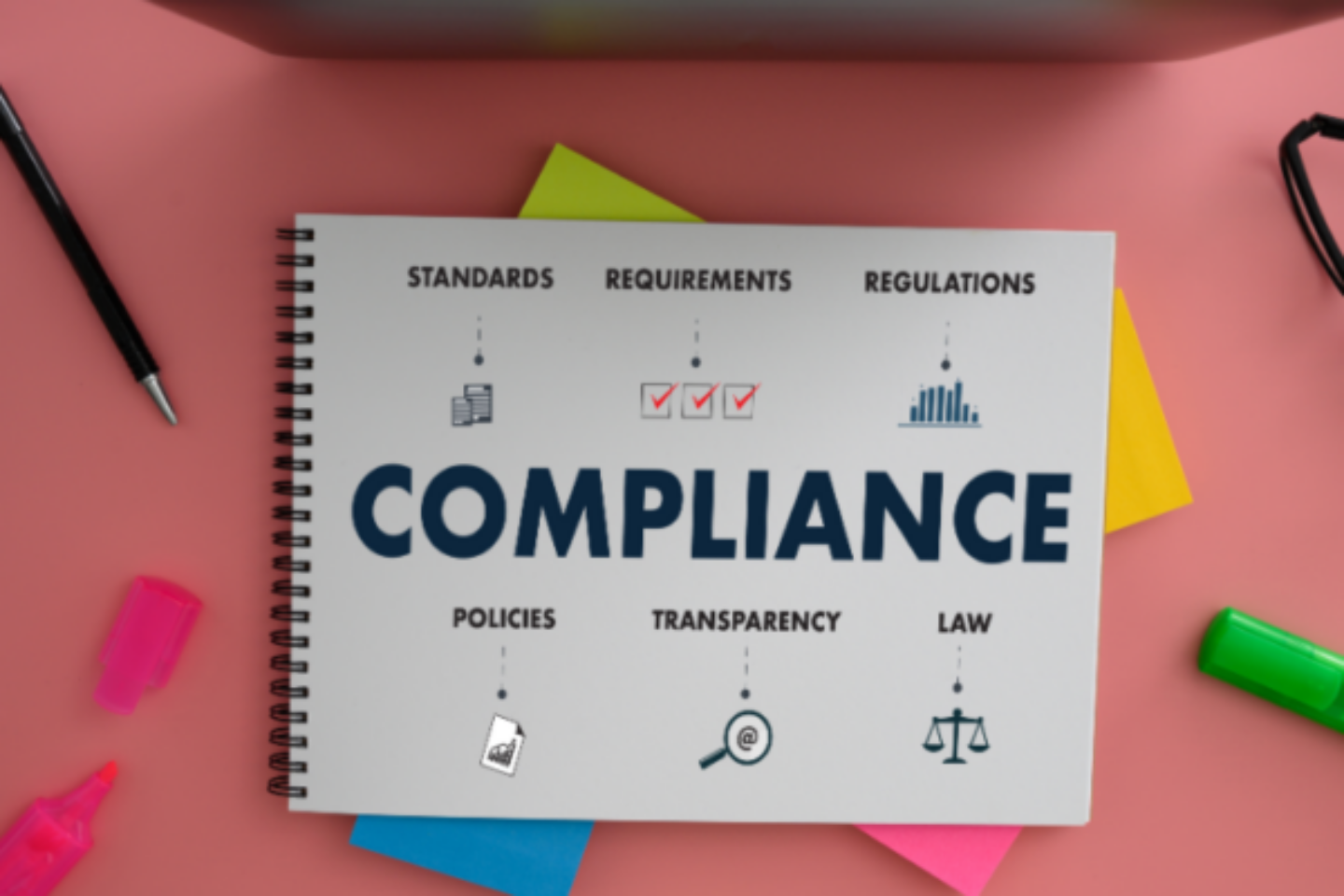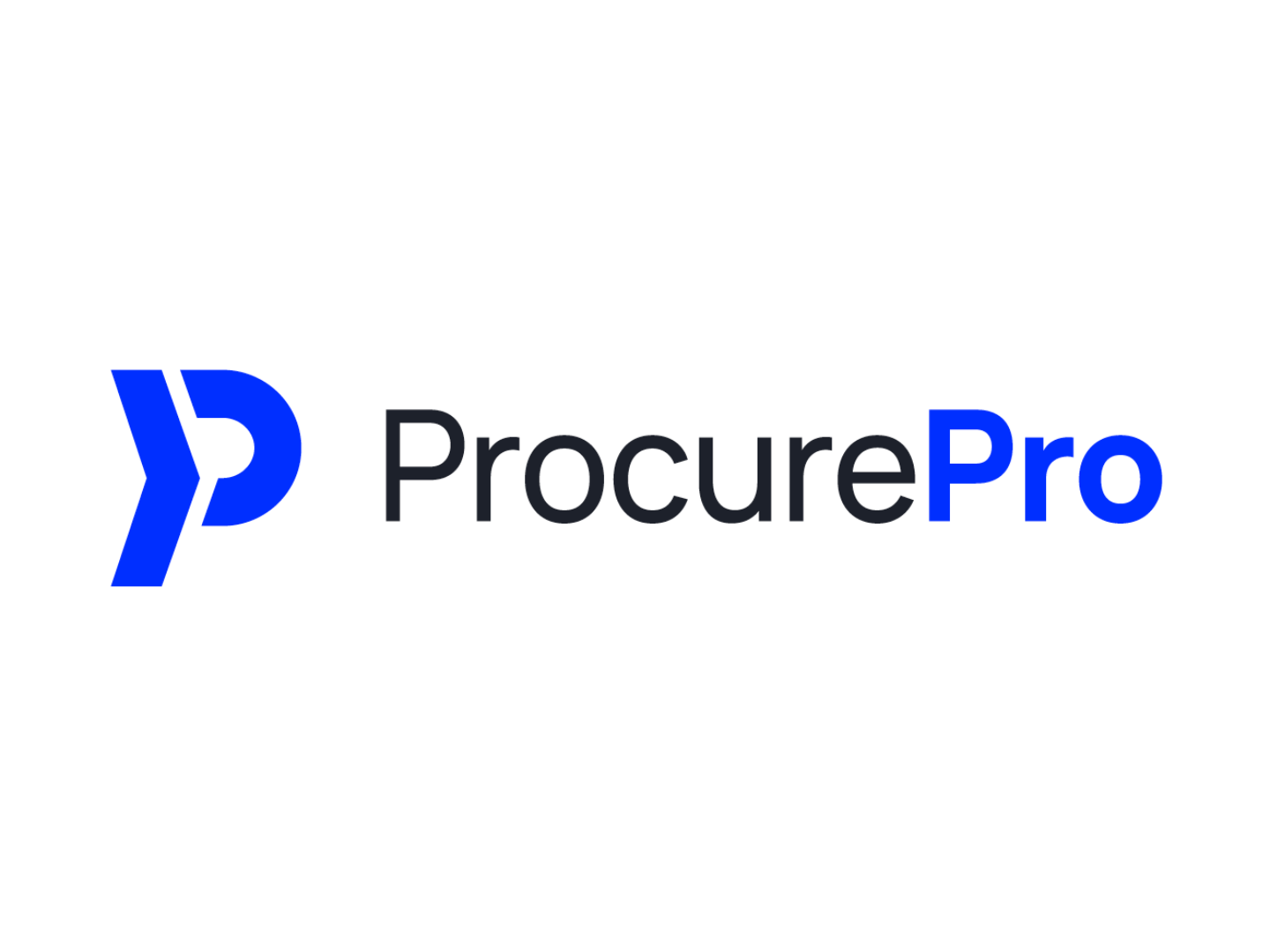In today’s increasingly interconnected world, data privacy has become a paramount concern for businesses and consumers alike. For sales and marketing professionals in Australia and New Zealand, particularly those engaged in B2B (business-to-business) activities, understanding and complying with data privacy regulations is essential. For businesses operating in Australia, the Do Not Call (DNC) Register is a critical component of ensuring compliance with privacy laws and regulations.
This blog post will explore how to effectively market to and sell to B2B businesses in Australia and New Zealand, with a focus on the Do Not Call Register (for Australian contacts), the importance of cold outreach compliance, and how to leverage tools like Firmable for reliable, locally verified contact data that helps you stay compliant while growing your pipeline.
Understanding Australia’s Do Not Call register
Australia’s Do Not Call Register, managed by the Australian Communications and Media Authority (ACMA), is an important part of the country’s privacy framework.
It allows individuals and businesses to opt out of receiving unsolicited telemarketing calls. For B2B professionals, understanding how this affects cold outreach compliance is essential.
Key points:
- Registration: Both individuals and businesses can list their numbers on the register.
- Obligations: It is illegal to contact these numbers without prior consent, except in limited cases (e.g. charities, government organisations, educational institutions).
- Penalties: Non-compliance can result in significant fines.
- Built-in compliance with Firmable: Every contact in Firmable includes DNC status, so you can exclude DNC registered numbers before outreach begins.
Visit the official Do Not Call Register
How New Zealand is different
Unlike Australia, New Zealand does not maintain a Do Not Call Register for businesses. The Marketing Association of New Zealand operates a DNC list that applies to consumers only. It does not apply to B2B numbers.
That said, businesses are still expected to operate ethically and within the bounds of the Unsolicited Electronic Messages Act 2007. Consent, transparency and unsubscribe mechanisms remain essential best practices for any outbound campaign.
Complying with ACMA’s guidelines on avoiding spam and consent rules
The ACMA provides comprehensive guidelines to help businesses avoid sending spam. These guidelines are crucial for any sales or marketing professional looking to maintain a good reputation and avoid legal issues.
Key steps to comply with ACMA’s guidelines:
- Consent: Ensure you have express or inferred consent before sending commercial electronic messages.
- Identification: Clearly identify your business in all communications.
- Unsubscribe mechanism: Provide a functional unsubscribe facility in all communications and honour unsubscribe requests promptly.
Understanding express and inferred consent:
Express consent: This is given explicitly by the recipient. It could be through an online form where they tick a box to receive marketing emails or verbally over the phone.
Inferred consent: This occurs through an existing business or other relationship where it is reasonable to believe that the recipient expects to receive marketing communications. For example, a customer who has purchased a product from your company might expect to receive emails about related products.For more detailed guidelines, refer to the ACMA’s policy on spam compliance.
Staying compliant in both markets
Whether you’re marketing in Australia or New Zealand, follow these steps:
- Audit your database regularly – check for DNC-listed numbers in Australia and ensure consent is valid across all channels.
- Clean your contact lists – Firmable helps by including real-time DNC flags and verified business identifiers (ABN/NZBN).
- Always include an unsubscribe option – and process opt-out requests promptly.
- Communicate transparently – clearly explain why you’re contacting someone and ensure your message aligns with their consent.
Fully compliant with Australian Privacy Principles (APPs)
Firmable meets the standards set by the Privacy Act 1988 and is fully compliant with the Australian Privacy Principles (APPs). We only include professional B2B contact information – no home addresses, no sensitive personal data, and no questionable grey-area records. This ensures your outreach is privacy-first, legally sound, and purpose-fit for legitimate B2B engagement.
Does GDPR apply?
While the General Data Protection Regulation (GDPR) is a European Union law, its reach extends globally, impacting businesses outside the EU that handles the data of EU citizens.
Australian businesses involved in B2B sales and marketing and handling data of EY citizens must be aware of GDPR requirements to avoid legal complications and maintain international trust. The GDPR focuses on data protection and privacy, ensuring that personal data is handled transparently and securely.
- Data subject rights: Under GDPR, individuals have the right to access their data, request corrections, and demand deletion (right to be forgotten). Businesses must be prepared to comply with these requests promptly.
- Data breach notification: GDPR mandates that data breaches affecting personal data must be reported within 72 hours. Having a robust data protection and response plan is essential.
- Explicit consent: Businesses must obtain clear and explicit consent from individuals before collecting and processing their personal data. This means no pre-ticked boxes or implied consent.
Note: Firmable does not include any data on EU citizens
Privacy compliant prospecting with Firmable
Outbound sales is only effective if it’s done right – and that means respecting local data laws from the first click to the first call. Whether you’re running email campaigns, calling into a new segment, or scaling your SDR team, Firmable gives you the tools to prospect with confidence.
Why choose Firmable?
- DNC compliance: We provide real-time Do Not Call status for every contact in Australia.
- B2B-only focus: Our platform includes only verified business contacts – no consumer data.
- ABN/NZBN matching: All records are linked to official business identifiers.
- ISO 27001 certified: We’re proudly ISO 27001 certified, meaning we take information security seriously. Our platform is built around data protection and privacy, empowering you to confidently grow your business using secure, compliant and ethically sourced B2B data.
- Aligned with B2B data regulations in Australia: Our data is filtered, verified and structured for legal use across sales and marketing teams.
Firmable’s data approach
At Firmable, data quality and integrity are paramount. We pride ourselves on having the most comprehensive and accurate set of Australian company data, encompassing both breadth and depth. Our extensive database is regularly updated and checked to maintain high accuracy and freshness.
- Breadth: Firmable boasts the largest collection of Australian and New Zealand companies, bringing together a vast array of business data in one centralised place.
- Depth: Not only do we cover a wide spectrum of businesses, but we also include next-generation attributes that offering a deeper insight into each entity.
- Quality: Our data undergoes rigorous cleansing processes, including de-duplication, normalisation, and manual verification to ensure it is of the highest quality. We employ advanced AI techniques to categorise and enrich data attributes effectively.
Our data verification process:
- Cleansing: Data is thoroughly cleaned, de-duped, and normalised.
- Categorisation: Data attributes are effectively grouped and categorised using advanced techniques.
- Collection: We acquire data from hundreds of sources, ensuring comprehensive coverage.
- Connection: Through ABN, we enrich the data, linking related businesses.
- Convey: Our user-friendly platform makes it easy to search, find, and utilise the data for better business decisions.
- Compliance: Inclusion of an up to date Do Not Call list ensures that users can wash their call lists, helping them comply with the Do Not Call Register and avoid contacting those who have opted out.
For more information on Firmable’s data verification process, visit Firmable’s email data verification process.
Conclusion
Effective B2B sales and marketing in Australia and New Zealand is about more than just finding the right leads – it’s about reaching them in a way that’s privacy-compliant, permission-based and built on trust.
By understanding and applying local privacy regulations, respecting opt-outs, and using verified contact data from platforms like Firmable, you can drive growth while protecting your business from compliance risks.
With Firmable, you get:
- Verified B2B contact data for Australia and New Zealand
- Built-in DNC visibility for Australian records
- Transparent sourcing and compliance workflows
- A platform built for privacy-compliant prospecting
The information provided in this blog post is for general informational purposes only and does not constitute legal advice. Consult with a qualified legal professional to ensure compliance with all applicable laws and regulations regarding data privacy and marketing practice




